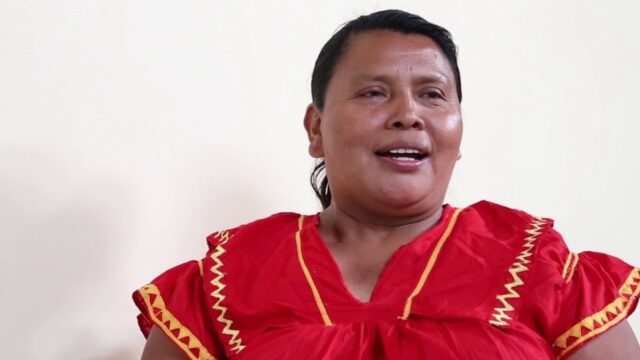Forty-six Ngöbe indigenous families from Conte Burica will have electricity thanks to the donation of solar panels for their homes. This is a project that in total seeks to provide 106 of these devices in the communities of Alto Río Claro and Progreso in the south of the country.
“Having these solar panels will benefit families with adolescent boys, girls and students, given that sometimes it is difficult for them to meet school obligations due to not having electricity,” said the president of the local Development Association, Roberto Guerra.

The remaining 60 solar panels will be distributed to families from Alto Corona, Campo Verde, Las Palmas, Alto Guaymí and Caña Blanca, whose delivery will be made by helicopter due to the difficulty of reaching the area.
This project is part of an alliance between the National Distance State University (UNED) and the Mixed Institute for Social Assistance (IMAS) that seeks to supply these power generation devices to 300 indigenous families in different parts of the Costa Rican territory.
Community members trained in India
The initiative dates back to 2017 when the higher education institution arranged for three indigenous women from these communities to travel to India and train in the installation of solar panels. They will in turn be in charge of transferring the knowledge to other Indigenous members so that they can learn to put these devices into operation.

The Costa Rican women were at Barefoot College, an entity that has graduated 750 solar engineers and has benefited 1,300 communities on different continents. In Latin America it works with 17 countries. The first 70 solar engineers in the region have brought electricity to more than 11 thousand people. The investment of this project by IMAS was ¢ 33,178,000.

